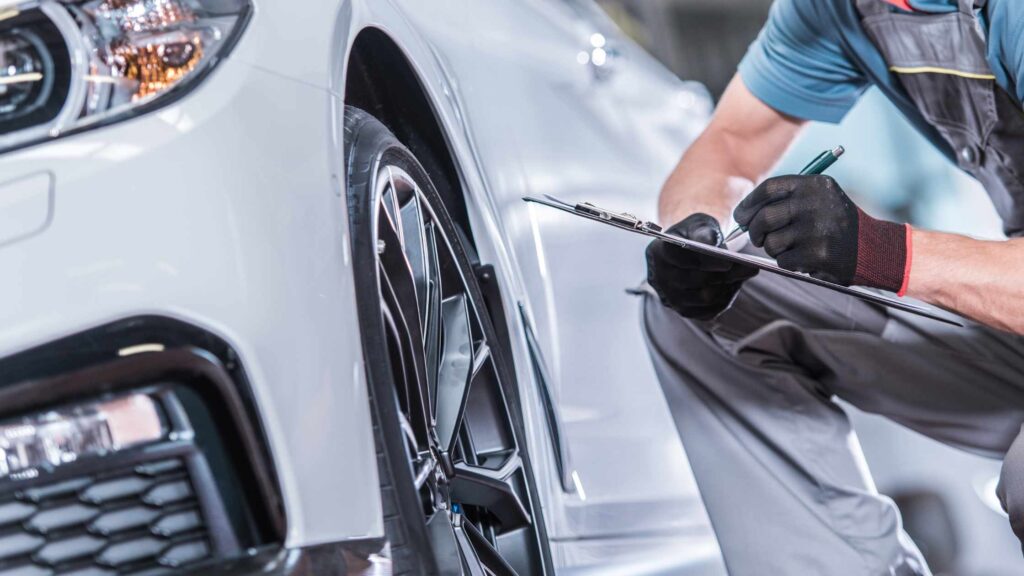Introduction
When purchasing a new car, one of the most important considerations is the warranty. Car warranties are designed to provide peace of mind and financial protection in case of any unforeseen issues with the vehicle. There are two main types of car warranties: extended warranties and manufacturer’s warranties. In this article, we will explore the differences between the two and help you understand which option may be more suitable for you.
What is a Manufacturer’s Warranty?
A manufacturer’s warranty, also known as a factory warranty, is provided by the car manufacturer and comes standard with a new vehicle purchase. It is designed to cover the cost of repairs or replacements for any defects in materials or workmanship that occur during a specified period of time or mileage. This warranty typically lasts for a certain number of years or until the vehicle reaches a specific mileage limit, whichever comes first.
Understanding Extended Warranties
An extended warranty, on the other hand, is an additional warranty that you can purchase separately to extend the coverage beyond the manufacturer’s warranty period. Extended warranties are offered by third-party companies or sometimes directly by the manufacturer. Unlike the manufacturer’s warranty, extended warranties are typically sold at an extra cost and offer additional coverage for a specified duration or mileage.
Benefits of a Manufacturer’s Warranty
One of the key advantages of a manufacturer’s warranty is that it is included in the purchase price of the vehicle. This means that you do not have to pay extra for the initial coverage. Manufacturer’s warranties usually provide comprehensive coverage for a certain period, giving you peace of mind and protection against unexpected expenses.
Another benefit of a manufacturer’s warranty is that it is often backed by the car manufacturer itself. This means that if there are any issues with the vehicle covered under the warranty, you can take it to any authorized dealership for repairs. Manufacturer warranties also tend to have a wider network of authorized service centers, making it more convenient to get repairs done.
Limitations of a Manufacturer’s Warranty
While manufacturer’s warranties provide valuable coverage, they do have their limitations. One of the main limitations is that they typically have a set duration or mileage limit. Once this limit is reached, the warranty coverage expires. Additionally, manufacturer’s warranties often have specific terms and conditions that need to be met for the warranty to remain valid. Failure to meet these requirements may result in the warranty being voided.
The Advantages of Extended Warranties
Extended warranties offer some unique advantages that make them an attractive option for many car owners. One of the primary advantages is the extended coverage period. By purchasing an extended warranty, you can prolong the duration of coverage beyond the manufacturer’s warranty. This can provide you with peace of mind for a longer time, especially if you plan to keep your vehicle for an extended period.
Another advantage of extended warranties is that they often provide additional benefits not covered under the manufacturer’s warranty. These can include services like roadside assistance, rental car reimbursement, and trip interruption coverage. These additional benefits can be particularly useful in case of emergencies or unexpected breakdowns.
Considerations When Choosing Between the Two
When deciding between a manufacturer’s warranty and an extended warranty, it is important to consider certain factors. The first factor is the duration and mileage that you plan to keep the vehicle. If you typically trade in your vehicles within a few years, a manufacturer’s warranty may be sufficient. However, if you plan to keep the vehicle for a longer time, an extended warranty can offer greater peace of mind.
Another consideration is the reliability and reputation of the car manufacturer. If you have faith in the brand and believe that the vehicle is built to last, you may not feel the need to invest in an extended warranty. However, if you are concerned about potential issues and want added protection, an extended warranty can provide that extra level of assurance.
Summary
In conclusion, both manufacturer’s warranties and extended warranties offer valuable coverage for your vehicle. Manufacturer’s warranties come standard with the purchase of a new car and provide comprehensive coverage for a set duration or mileage limit. On the other hand, extended warranties extend the coverage period and often include additional benefits not covered by the manufacturer’s warranty.
When choosing between the two, it is important to consider factors like the duration and mileage you plan to keep the vehicle, as well as your confidence in the car manufacturer’s reliability. By understanding the differences and advantages of both types of warranties, you can make an informed decision that gives you peace of mind and financial protection for your valuable investment.







